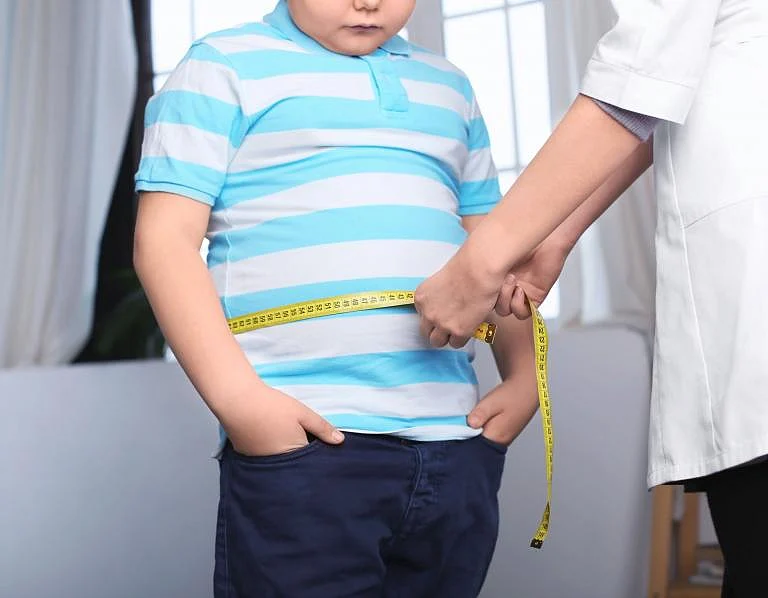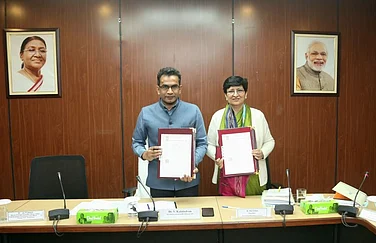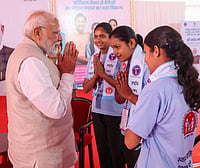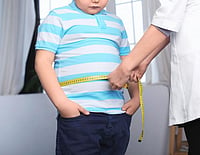Respiratory syncytial virus (RSV), a highly contagious virus, poses a significant threat not only to premature infants and children with pre-existing health conditions but also to healthy, full-term newborns, according to a comprehensive national registry study conducted by Karolinska Institutet.
Published in The Lancet Regional Health – Europe, the findings underscore the vulnerability of infants, particularly within the first three months of life, challenging prior assumptions about risk groups for severe RSV illness.
RSV remains one of the leading causes of respiratory tract infections among young children, accounting for approximately 245,000 hospital admissions each year across Europe.
RSV is linked to approximately 3.6 million hospitalisations and nearly 100,000 deaths annually in children below five years worldwide. India, with around 25 million newborns each year, is a major contributor to this global burden. Hospital admissions linked to RSV tend to spike during the monsoon and early winter months.
To better understand the risk factors associated with severe RSV outcomes, researchers analysed data from more than 2.3 million children born in Sweden between 2001 and 2022. Their objective was to identify those most likely to experience critical complications or mortality related to RSV infection.
While it is well established that premature infants and children with chronic health conditions face heightened risks of severe RSV disease, less clarity has existed regarding the susceptibility of previously healthy infants. This large-scale study reveals that the majority of children who required intensive care or prolonged hospitalisation due to RSV were under three months old, born full term, and without prior medical issues.
RSV primarily infects the lungs and respiratory system, leading to potentially severe illness in vulnerable populations. Giulia Dallagiacoma, the study’s lead author and doctoral candidate at the Department of Medical Epidemiology and Biostatistics at Karolinska Institutet, emphasized the clinical implications of these findings: “When developing treatment and prevention strategies, it is crucial to recognise that even infants without underlying health problems may suffer severe consequences from RSV. Encouragingly, preventive therapies are now available, including prophylaxis for newborns and vaccines for expectant mothers.”
The study reported that 1.7 per cent of children in the cohort were diagnosed with RSV, with nearly 12 per cent (4,621 children) experiencing severe disease. Among those requiring intensive care, the median age was just under two months, and most had no known underlying illnesses.
Several risk factors associated with increased likelihood of severe outcomes were identified: infants born during the winter months, those with siblings aged 0 to 3 years, or a twin, faced approximately three times higher risk. Additionally, infants who were small for gestational age had nearly a fourfold increased risk. Children with pre-existing medical conditions exhibited over four times the risk of severe illness or death.
Samuel Rhedin, the study’s senior author and associate professor at Karolinska Institutet, noted, “Although preventive treatments have historically targeted children with known health conditions, this study highlights that many previously healthy infants also require intensive care due to RSV. The advent of improved preventive medications and expanded risk definitions offers hope for better protection of all vulnerable infants during RSV seasons.”
The research was conducted in collaboration with colleagues at the University of Helsinki and Helsinki University Hospital, Finland, reinforcing the significance of cross-border efforts in addressing RSV’s public health impact.



























